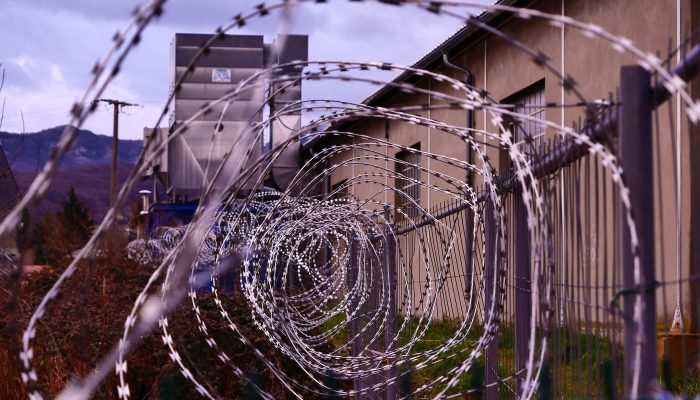In Texas, children and teens in the juvenile justice system are routinely locked in cells for all but 30 minutes a day, and nearly half are on suicide watch.
This week, the director of the Texas Juvenile Justice Department, the agency in charge of the state’s five juvenile prisons, told lawmakers the system is on the verge of collapse. The hearing came a week after the Texas Tribune revealed just how dire the situation is for the almost 600 young people in custody. Several youth reported having to use water bottles as makeshift toilets on weekends because there is not enough staff to get them to the bathroom.
The Tribune tells the gutting story of a teen named Keith, whose isolation and desperation in custody led him to numerous attempts at self-harm, requiring hospitalization and surgery at least 12 times. His mother told reporters: “My phone rings and I’m terrified to answer because I’m afraid they’re going to tell me [Keith] didn’t make it this time.”
In many cases, the only way for young people to receive attention or simply get out of their cells is to create a crisis, said the department’s interim executive director Shandra Carter during an agency meeting in June. “They are self-harming because they get to go to the clinic and the infirmary to have contact,” she said.
The agency is under federal investigation over allegations of abuse and neglect. Last month, its officials suspended new admissions.
Officials blame chronic underfunding and a staffing crisis made worse by a tight labor market. Last year, starting pay for detention officers was around $36,200, and those positions saw a turnover rate of more than 70%. A permanent 15% pay raise was adopted last month.
Next door in Louisiana, officials are facing a crisis too, after a series of escapes and reports of violence at the Bridge City Center for Youth near New Orleans. In response, Gov. John Bel Edwards announced that the state would temporarily move some of the young people to the infamous Louisiana State Prison at Angola. One advocate called the move “the worst juvenile justice policy decision probably ever made in modern times.”
Read the full story at The Marshall Project.

